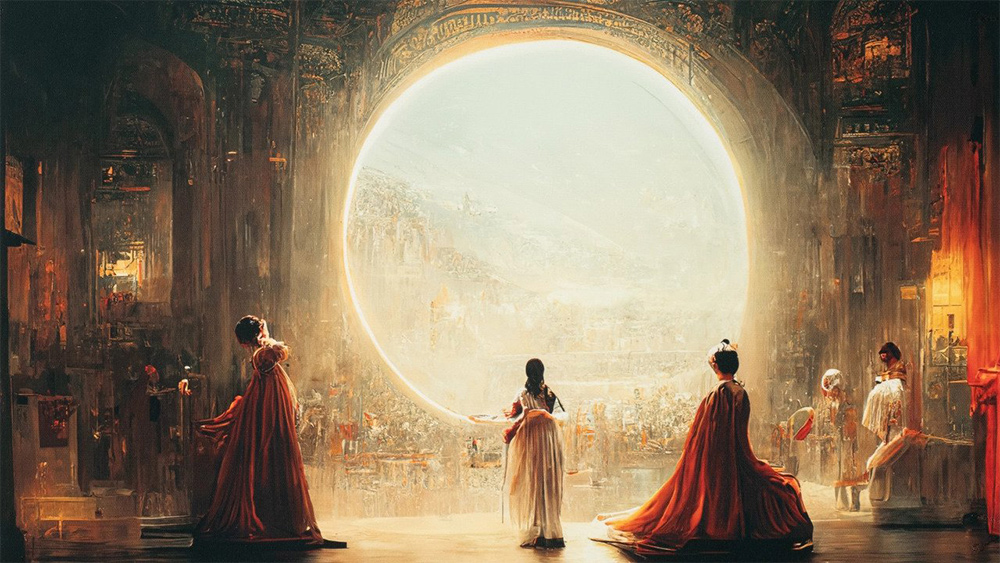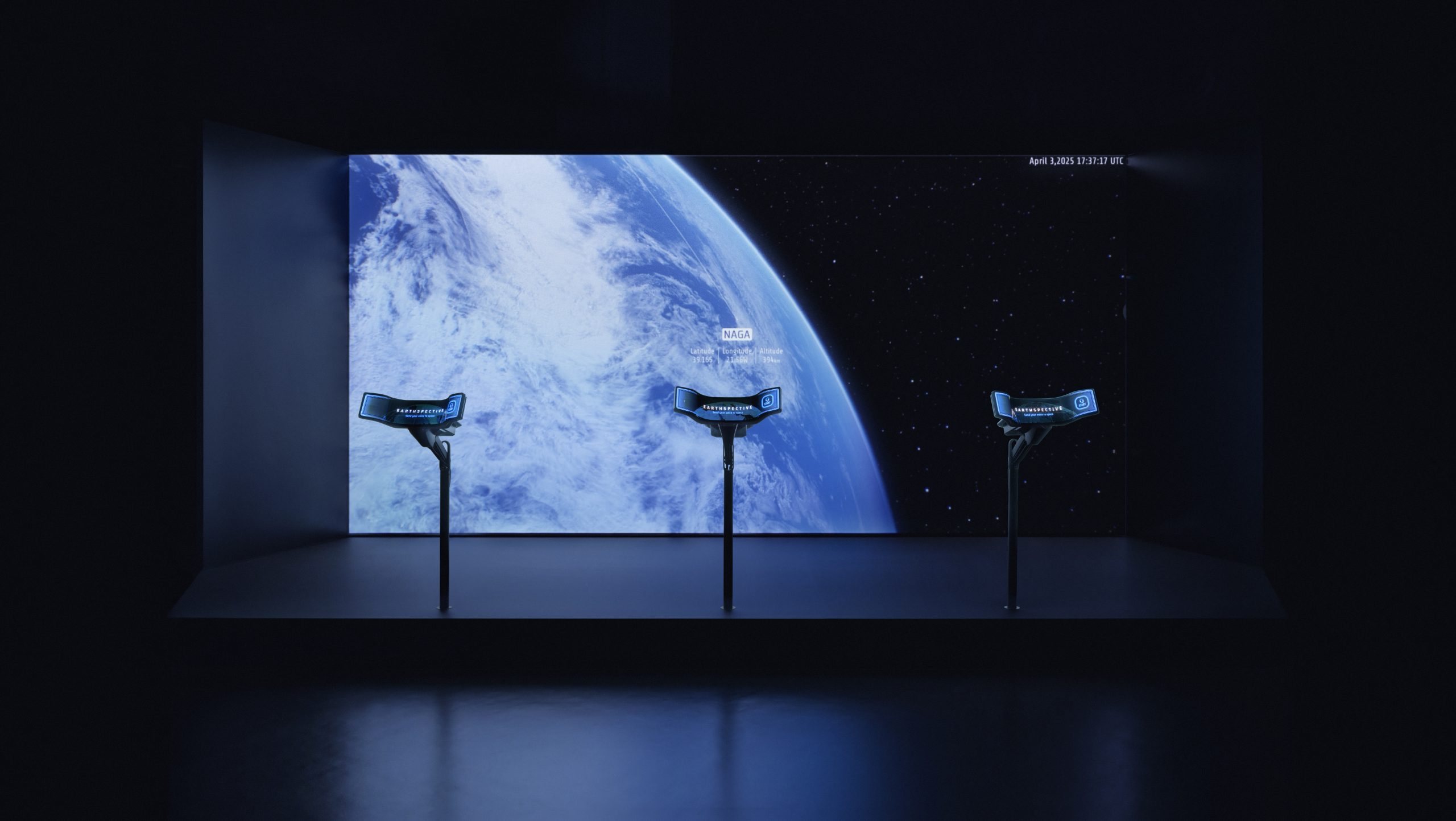AI art has exploded in the last few years, invading social media feeds and even auction houses. But AI image generators emerged so fast that there are lots of unanswered questions. Aside from the debate on the ethics of using AI tools, many want to know, can AI art be copyrighted?
Until now, it has appeared not, although people have launched appeals after their AI art was rejected for copyright. The US Copyright Office (USCO) has now published a report in a bid to shed some light on where it stands. It offers some clarification, but it's not going to make anyone happy.
100% AI art can't be copyrighted

The headline conclusion in the Copyright Office's report is that output generated simply by using a text prompt in an AI image generator cannot be copyrighted. In line with previous decisions, it concludes: “Prompts alone do not provide sufficient human control to make users of an AI system the authors of the output."
The USCO dismisses the argument that using AI is similar to a human-to-human artistic commission (e.g., an artist directing assistants) because it considers that, at least with today's technology, AI does not provide a comparable level of control. It cites an example of how Google Gemini, when asked to generate an image of a cat smoking a pipe, ignored part of the prompt and added unwanted elements.
The report acknowledges that, in theory, we could see the development of AI systems that do give artists more control. That could potentially make them more comparable to an artists' mechanical tools. But that this is "not currently the case."
Human-AI art can be copyrighted... sometimes
But the USCO also recognises that "generating content with AI is often an initial or intermediate step" and that "human authorship may be added in the final product". It takes the opinion that if a human may select or "arrange AI-generated material in a sufficiently creative way", the result could be considered an original work.
It also says that when "AI merely assists an author in the creative process, its use does not change the copyrightability of the output." That would suggest that if you use minor generative AI, for example to remove a distraction in a photo, the image could still be fully copyrighted in its entirety.
Get the Creative Bloq Newsletter
Daily design news, reviews, how-tos and more, as picked by the editors.
But the authorities recognise that there's a very big grey area in between the two extremes of 100% AI and AI-assisted. It says each work will have to be assessed on a case-by-case basis. “Between these boundaries, various forms and combinations of human contributions can be involved in producing AI outputs," it says.
Some human-AI work may not be copyrightable in its entirety, but could partially qualify for copyright. The USCO cites examples of where human-created work is modified by an AI model and vice versa.
And prompts?
Interestingly, while the Copyright Office determined that the results of prompts can't be copyrighted, it says the prompts themselves possibly could, providing that they're creative enough. That would probably rule out simple prompts, but leaves open the possibility that prompting can be considered an act of human creativity.
No need for specific AI copyright law
Perhaps surprisingly, the Copyright Office concluded that no new laws are needed to specifically address AI copyright: existing laws can do the job. “Even if Congress were to consider addressing this issue through legislation, greater clarity would be difficult to achieve. Because the copyrightability inquiry requires analysis of each work and the context of its creation, statutory language would be limited in its ability to provide brighter lines,” the report concludes.
While the report doesn't immediately change anything, it provides important clarification that could encourage some users of AI tools. The clarification that hybrid human-AI-generated content could at least partially qualify for copyright could make more creatives (and brands) more confident about using it for professional use with their own intellectual property. It also sends a message to those waiting for some kind of specific legislation on AI copyright: don't hold your breath.
What is still needed, though, is clarification of where artists stand when an AI (or AI-assisted) image copies their artistic style, or where anyone stands if AI uses their own physical image. That could require some kind of federal anti-impersonation legislation in the US and similar changes in other countries where such protections don't already exist.
For more on AI, see our roundup of AI art controversies in the past year and our first glimpse of the new Adobe Project Concept software.

Thank you for reading 5 articles this month* Join now for unlimited access
Enjoy your first month for just £1 / $1 / €1
*Read 5 free articles per month without a subscription

Join now for unlimited access
Try first month for just £1 / $1 / €1

Joe is a regular freelance journalist and editor at Creative Bloq. He writes news, features and buying guides and keeps track of the best equipment and software for creatives, from video editing programs to monitors and accessories. A veteran news writer and photographer, he now works as a project manager at the London and Buenos Aires-based design, production and branding agency Hermana Creatives. There he manages a team of designers, photographers and video editors who specialise in producing visual content and design assets for the hospitality sector. He also dances Argentine tango.
You must confirm your public display name before commenting
Please logout and then login again, you will then be prompted to enter your display name.
